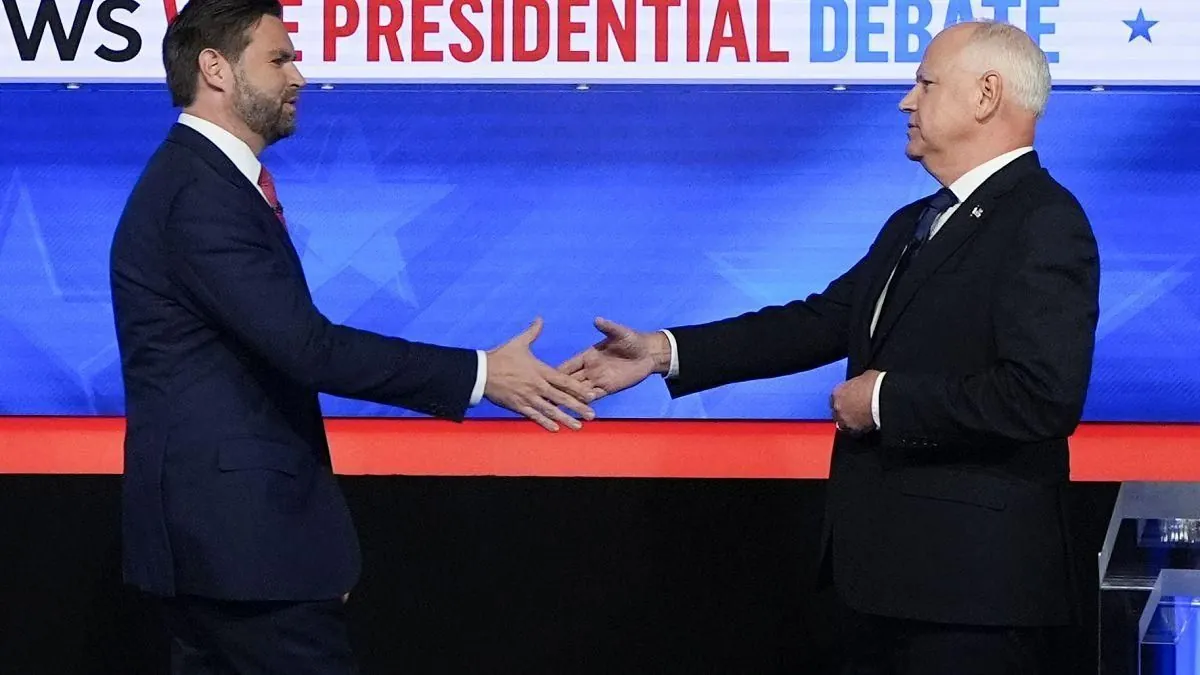The recent vice-presidential debate brought climate change to the forefront, sparked by the devastating impact of Hurricane Helene. This Category 4 storm, fueled by unusually warm Gulf of Mexico waters, underscored the urgency of addressing climate issues.
JD Vance, representing the Republican stance, and Tim Walz, the Democratic candidate, presented starkly different approaches to climate policy. Their exchange illuminated the long-standing partisan divide on this critical issue.
Vance's position reflected a complex history of Republican climate policy. While acknowledging climate concerns, he emphasized reshoring manufacturing and increasing domestic energy production. This stance echoes past Republican opposition to clean energy investments, a position that has evolved over time.
"If you're spending hundreds of millions or even billions of dollars of American taxpayer money on solar panels that are made in China, number one, you're going to make the economy dirtier. We should be making more of those solar panels here in the United States of America."
This argument, however, overlooks the historical context. A decade ago, the Obama administration proposed significant investments in domestic green technology manufacturing. The plan aimed to create 5 million new jobs and position the U.S. as a leader in renewable energy. However, Republican opposition at the time hindered these efforts.
The failure of Solyndra, a solar panel manufacturer that received federal loan guarantees, became a rallying point for critics of government investment in green technology. Ironically, the loan program that supported Solyndra ultimately proved profitable for the government.
Today, China dominates global solar panel production, accounting for about 80% of the market. This dominance is partly a result of the U.S. ceding ground in clean energy manufacturing due to past policy decisions.
Walz countered by highlighting recent efforts to boost domestic clean energy production through the Inflation Reduction Act. He emphasized the potential for the U.S. to become an "energy superpower" by embracing both traditional and renewable energy sources.
The debate also touched on the Paris Agreement, from which the U.S. withdrew in 2020, and the rapid growth of wind power capacity in the country, which has increased nearly fivefold since 2008.
As climate change continues to manifest through extreme weather events like Hurricane Helene, the political discourse surrounding it remains deeply divided. The debate underscored how current arguments are shaped by past policy decisions, highlighting the long-term consequences of climate policy choices.
